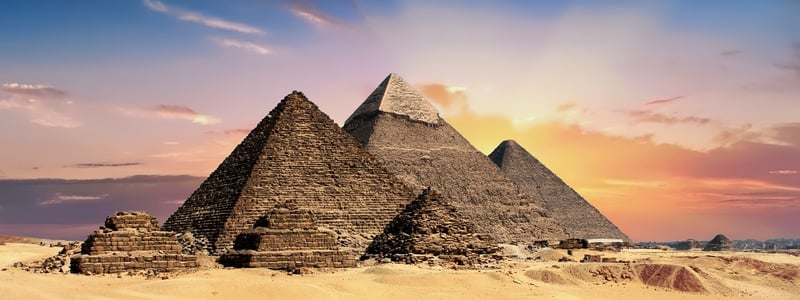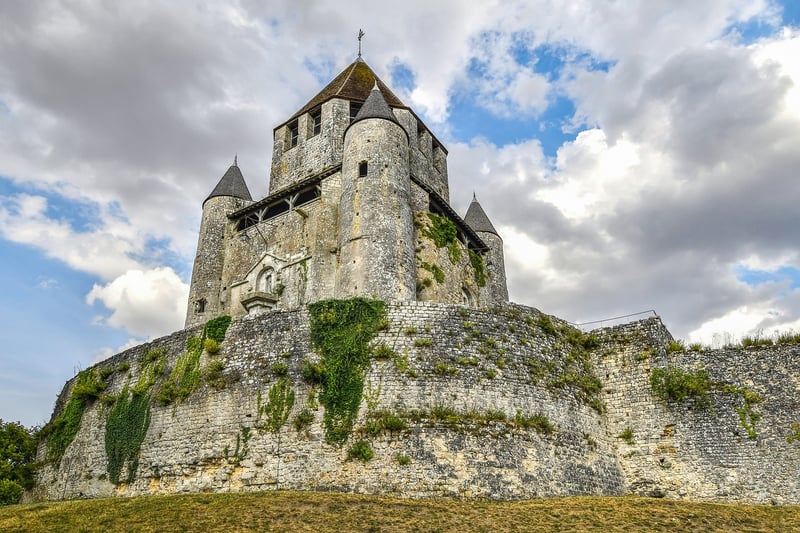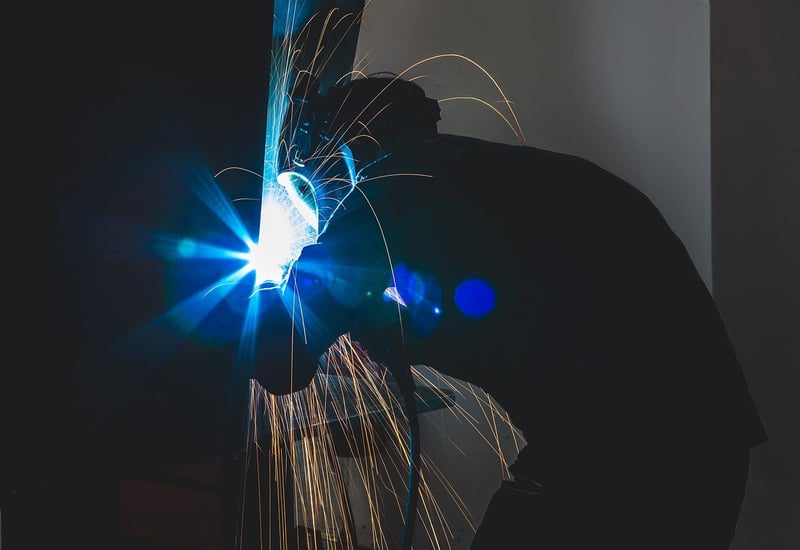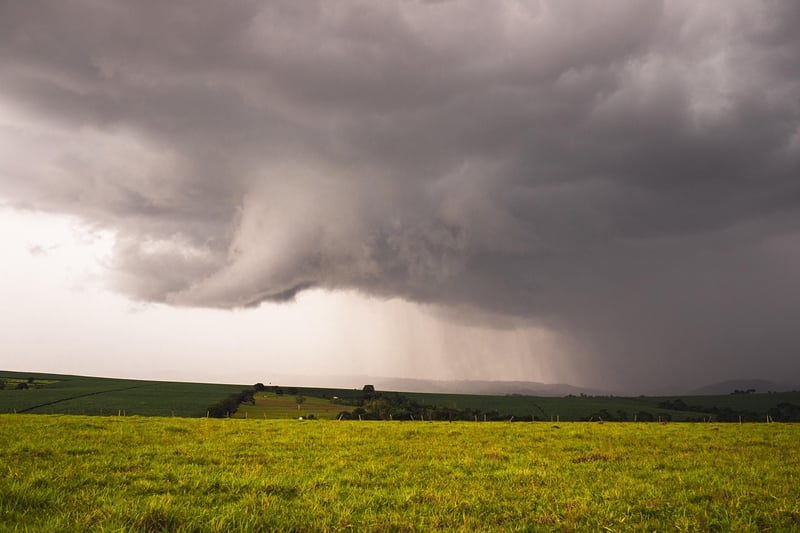Temporal Experiences
Exploring Different Time Periods and Temporal Experiences
Time, an intangible concept that governs our lives in ways we may not always be aware of. From ancient civilizations to modern-day societies, time has shaped human experiences and cultures. Let's delve into different time periods and the temporal experiences associated with them.
Ancient Times
Ancient civilizations like the Egyptians, Greeks, and Romans had their unique ways of measuring time. The sundial, water clock, and hourglass were early timekeeping devices that marked the passage of time in these societies.

Medieval Era
The medieval period was characterized by the division of time into hours that varied in length based on the time of year. Monasteries played a significant role in timekeeping, with bells signaling prayer times and work schedules.

Industrial Revolution
The Industrial Revolution brought about a significant shift in temporal experiences. Factory whistle signals, punch cards for clocking in and out, and the standardization of time zones revolutionized how people perceived and utilized time.

Modern Times
In today's fast-paced world, digital clocks, smartphones, and smartwatches have become ubiquitous timekeeping tools. The concept of "time is money" drives productivity, and global time synchronization ensures seamless communication and coordination across the world.

Temporal Experiences
Our perception of time is influenced by various factors such as culture, technology, and personal experiences. The feeling of time flying by when having fun versus dragging on during a tedious task showcases the subjective nature of temporal experiences.
As we journey through different time periods and encounter diverse temporal experiences, one thing remains constant - time continues its relentless march forward, shaping our lives in ways both profound and subtle.
